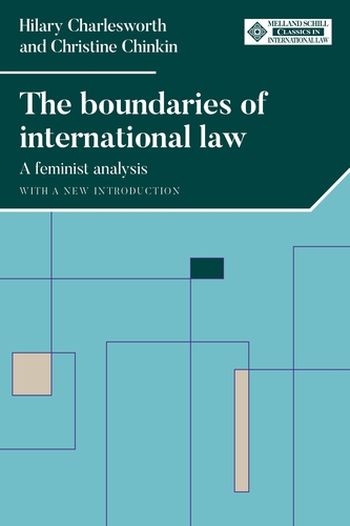
Representing the first book-length treatment of the application of feminist theories of international law, The boundaries of international law argues that the absence of women in the development of international law has produced a narrow and inadequate jurisprudence that has legitimated the unequal position of women worldwide rather than confronting it.
The boundaries of international law provides a feminist perspective on the structure, processes and substance of international law, shedding new light on treaty law, the concept of statehood and the right of self-determination, the role of international institutions and the law of human rights. Concluding with a consideration of whether the inclusion of women in the jurisdiction of international war crimes tribunals represents a significant shift in the boundaries of international law, the book encourages a dramatic rethinking of the discipline of international law.
With a new introduction that reflects on the profound changes in international law since the book's first publication in 2000, this provocative volume is essential reading for scholars, practitioners, and students alike.